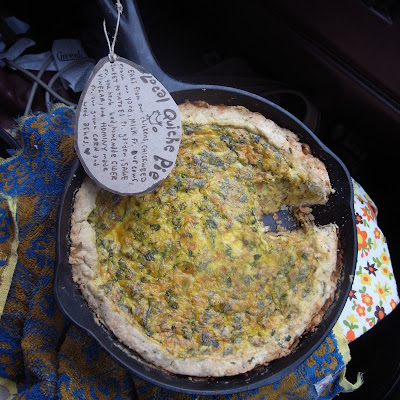
We are starting a bike shop! IN the works, looking for a space to use, full repair service, bike workshops, diy workbench, new and used parts and accessories, sweet refurbished bikes.
Crooked River Recyclery - Kent, O.
crookedriverrecyclery.tumblr.com
crookedriverrecyclery@gmail.com
Hooray!
:D
:D













